It's not just schools — book banning is also increasing in prisons
A new report found everything from cookbooks to self-help books are being removed from prisons

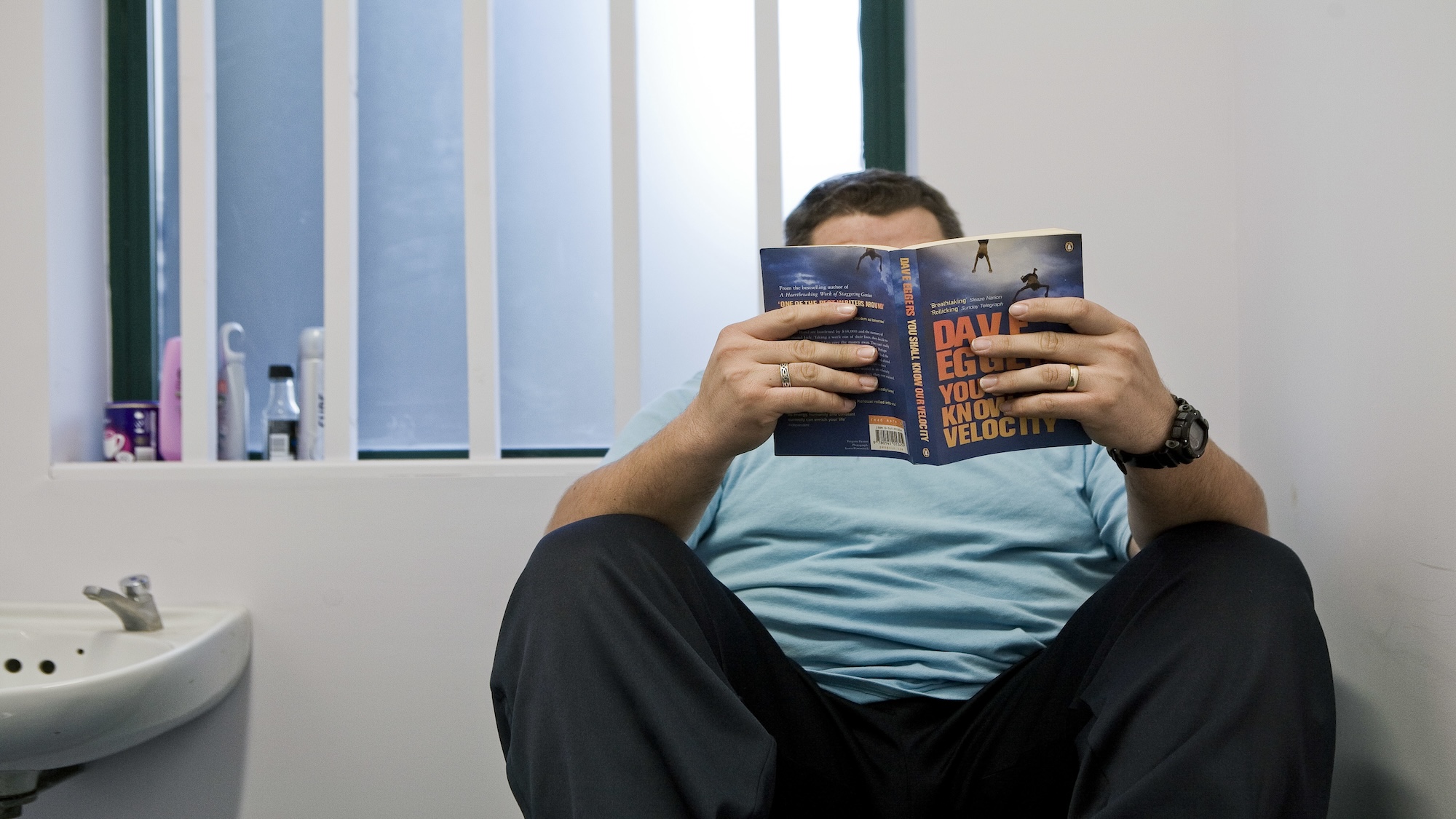
A free daily email with the biggest news stories of the day – and the best features from TheWeek.com
You are now subscribed
Your newsletter sign-up was successful
In a renewed era of book banning, most of the news cycle has been dominated by efforts — mostly by conservative groups — to ban certain books from school libraries. However, a new report has found that the issue of pervasive book banning has now spread to an unlikely locale: American prisons.
The report, titled "Reading Between the Bars," was published on Oct. 25 by PEN America, a literature and writing advocacy group. This report concluded that "carceral censorship is the most pervasive form of censorship in the United States." It noted that both the Federal Bureau of Prisons and state correctional departments censor books, "and the rationales they employ for censoring books are vast and varied."
And unlike in schools, a book in prison may be censored "not [for] its content but a host of other factors," even down to its physical appearance, according to the report. Given that the ACLU has declared that prisoners "generally have the right to receive books, magazines and newspapers" under proper guidelines, what specifics did PEN's report discover about prison censorship?
The Week
Escape your echo chamber. Get the facts behind the news, plus analysis from multiple perspectives.

Sign up for The Week's Free Newsletters
From our morning news briefing to a weekly Good News Newsletter, get the best of The Week delivered directly to your inbox.
From our morning news briefing to a weekly Good News Newsletter, get the best of The Week delivered directly to your inbox.
What did the report find?
As the ACLU notes, prison libraries have always been closely monitored, and prison authorities "can generally decide to censor a publication for reasonable goals related to prison safety or security." PEN's report also acknowledges this, noting that courts have consistently allowed censorship in prisons "so long as the restrictions are reasonably related to the interests of incarceration."
However, the report found that censorship in prisons "has been applied at a scope and scale that far exceeds the denial of literature that even arguably could be used to escape from prison or enact violence." These prisons may ban books "based on the alleged threat of their content — a tactic similar to that of book banners that have targeted public schools and libraries in the past two years."
According to PEN, Florida has banned the most books from prisons among 28 states that record this data. The Sunshine State has purged 22,285 titles, while Texas came in second with 10,265 and Kansas in third with 7,699. Even New York — a state not typically associated with book censorship — was high on the list with 5,356 titles.
Many of these books are titles that could be seen as incitement of violence. PEN noted that in Michigan, for example, two banned books are "The Day of the Jackal," a fiction novel about a plot to assassinate French President Charles de Gaulle in the 1960s, and the thriller "Cuba Libre," set in the backdrop of the Spanish-American War.
A free daily email with the biggest news stories of the day – and the best features from TheWeek.com
"Prison Ramen: Recipes and Stories from Behind Bars," a cookbook that "offers ramen recipes that people can make in their cells," is banned in 19 state prison systems, PEN noted, because it makes references to razor blades and prison hooch. One art manual, "Anyone Can Draw: Create Sensational Artwork in Easy Steps," is banned in Florida because it depicts sexually explicit nudity, according to PEN's findings. Comedian Amy Schumer's memoir was similarly banned in Florida because it was "a threat to the security, order, or rehabilitative objectives of the correctional system" due to its sexual content, PEN reported.
Additional reasons that books have been banned, PEN found, include the book's physical appearance and cover, or whether the prisoner got permission to receive it. One book banned in Michigan, "Spanish at a Glance," is not allowed simply because it could teach prisoners "a language that staff at the facility does not understand."
What's next for prison censorship?
While there are genuine concerns when dealing with prison libraries, "the common concept underpinning the censorship we’re seeing is that certain ideas and information are a threat," the PEN report's lead author, Moira Marquis, told The Associated Press.
There are some prisons working to straddle the line between censorship and safety. The Michigan Department of Corrections told the AP it has created a literary committee "to review items that were previously placed on the restricted publication list, to determine if they should remain or be removed.” There are also a number of programs designed to raise the alarm on prison censorship, but they "are largely run by volunteers and struggle to keep up with the demand for books even absent censorship," the PEN report said.
Amidst the continued debate over book bans, PEN's analysis "is likely an underestimation due to the poor tracking of the information by states," The Hill reported.
Justin Klawans has worked as a staff writer at The Week since 2022. He began his career covering local news before joining Newsweek as a breaking news reporter, where he wrote about politics, national and global affairs, business, crime, sports, film, television and other news. Justin has also freelanced for outlets including Collider and United Press International.
-
 Political cartoons for February 15
Political cartoons for February 15Cartoons Sunday's political cartoons include political ventriloquism, Europe in the middle, and more
-
 The broken water companies failing England and Wales
The broken water companies failing England and WalesExplainer With rising bills, deteriorating river health and a lack of investment, regulators face an uphill battle to stabilise the industry
-
 A thrilling foodie city in northern Japan
A thrilling foodie city in northern JapanThe Week Recommends The food scene here is ‘unspoilt’ and ‘fun’
-
 ‘Being a “hot” country does not make you a good country’
‘Being a “hot” country does not make you a good country’Instant Opinion Opinion, comment and editorials of the day
-
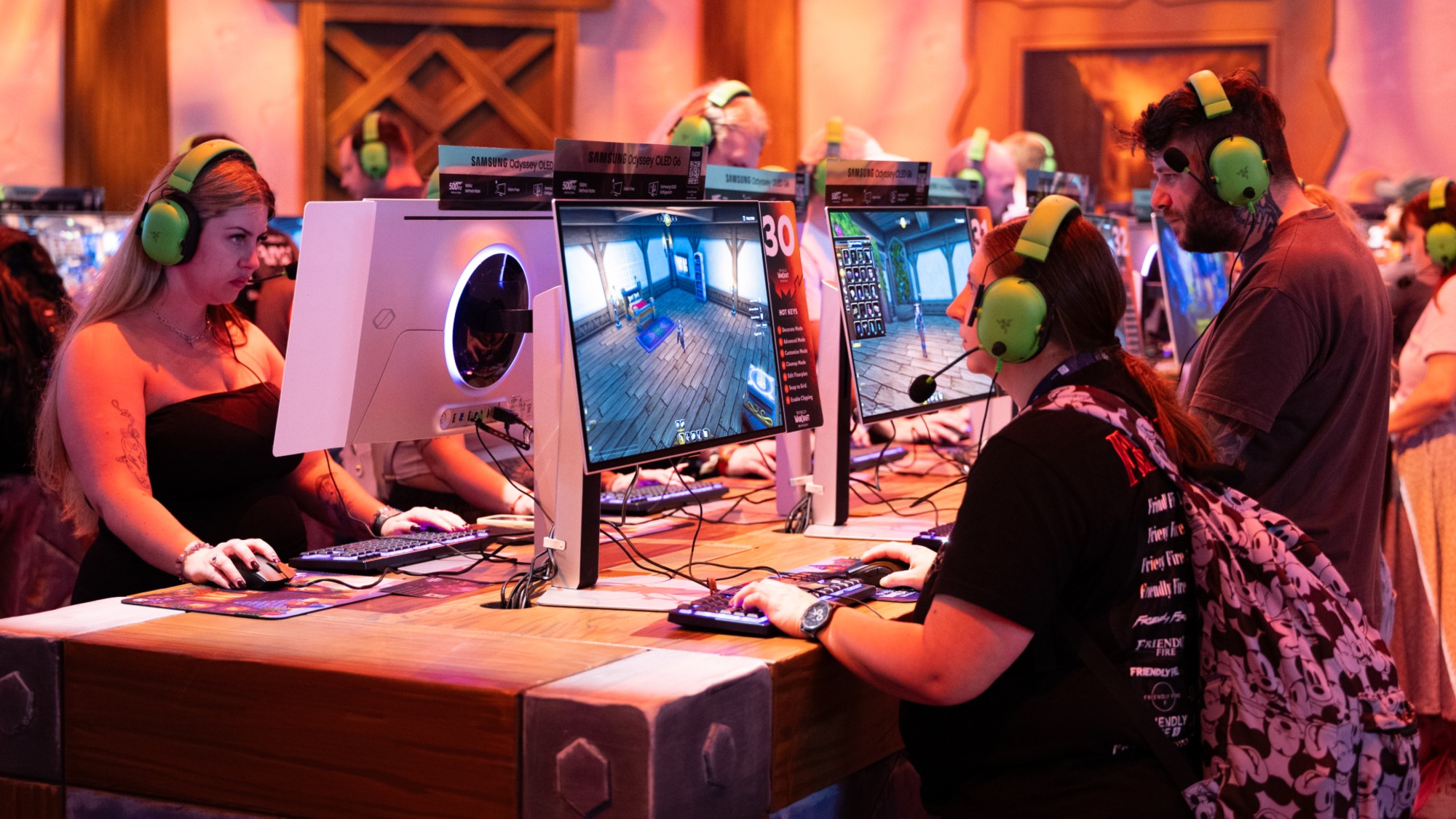 ‘They’re nervous about playing the game’
‘They’re nervous about playing the game’Instant Opinion Opinion, comment and editorials of the day
-
 Western Alaska reels as storm aftermath prompts mass evacuations
Western Alaska reels as storm aftermath prompts mass evacuationsUNDER THE RADAR Alaskan lawmakers point to climate change as airlifts relocate hundreds from coastal communities devastated by the remnants of Typhoon Halong
-
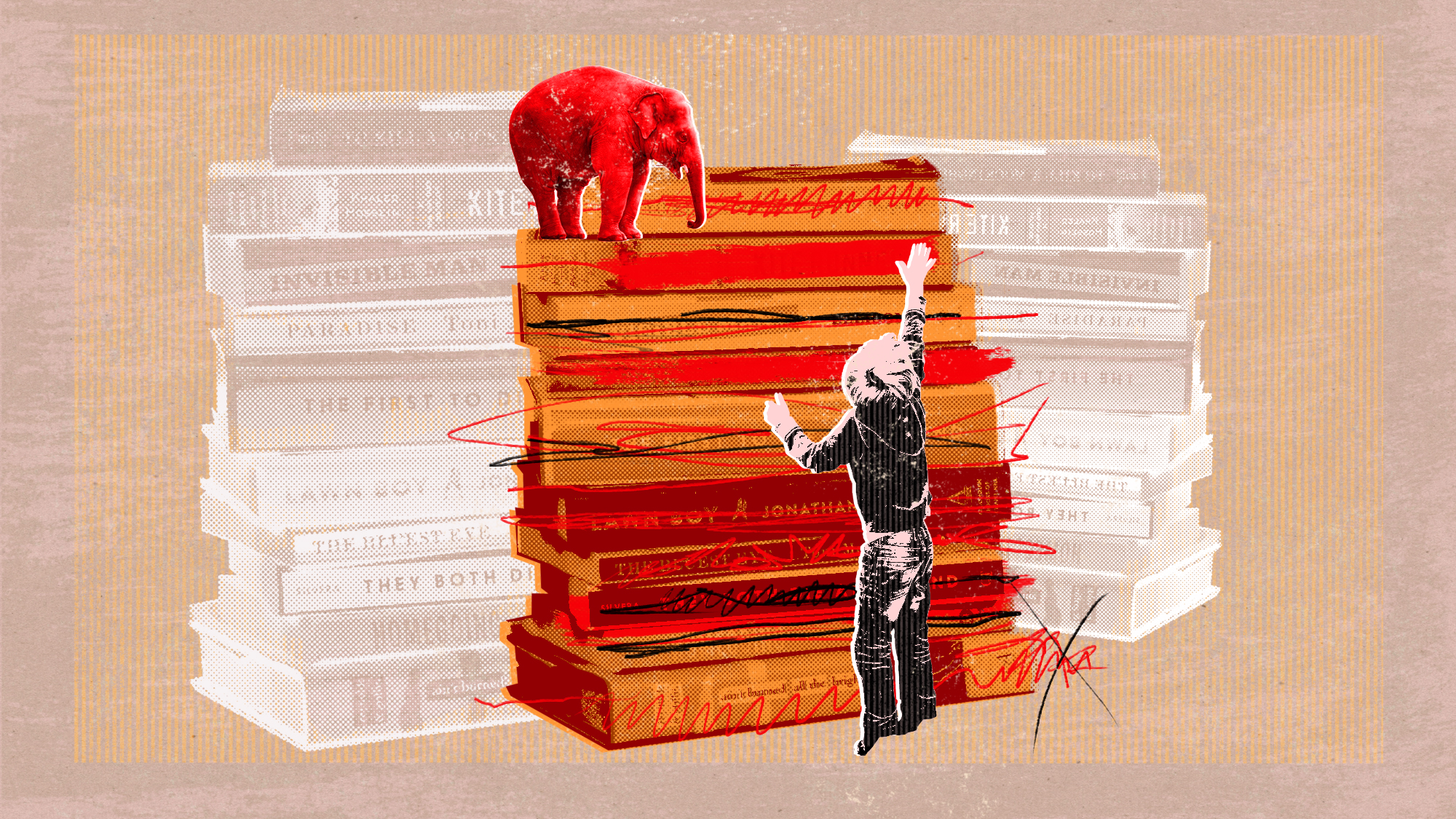 The new age of book banning
The new age of book banningThe Explainer How America’s culture wars collided with parents and legislators who want to keep their kids away from ‘dangerous’ ideas
-
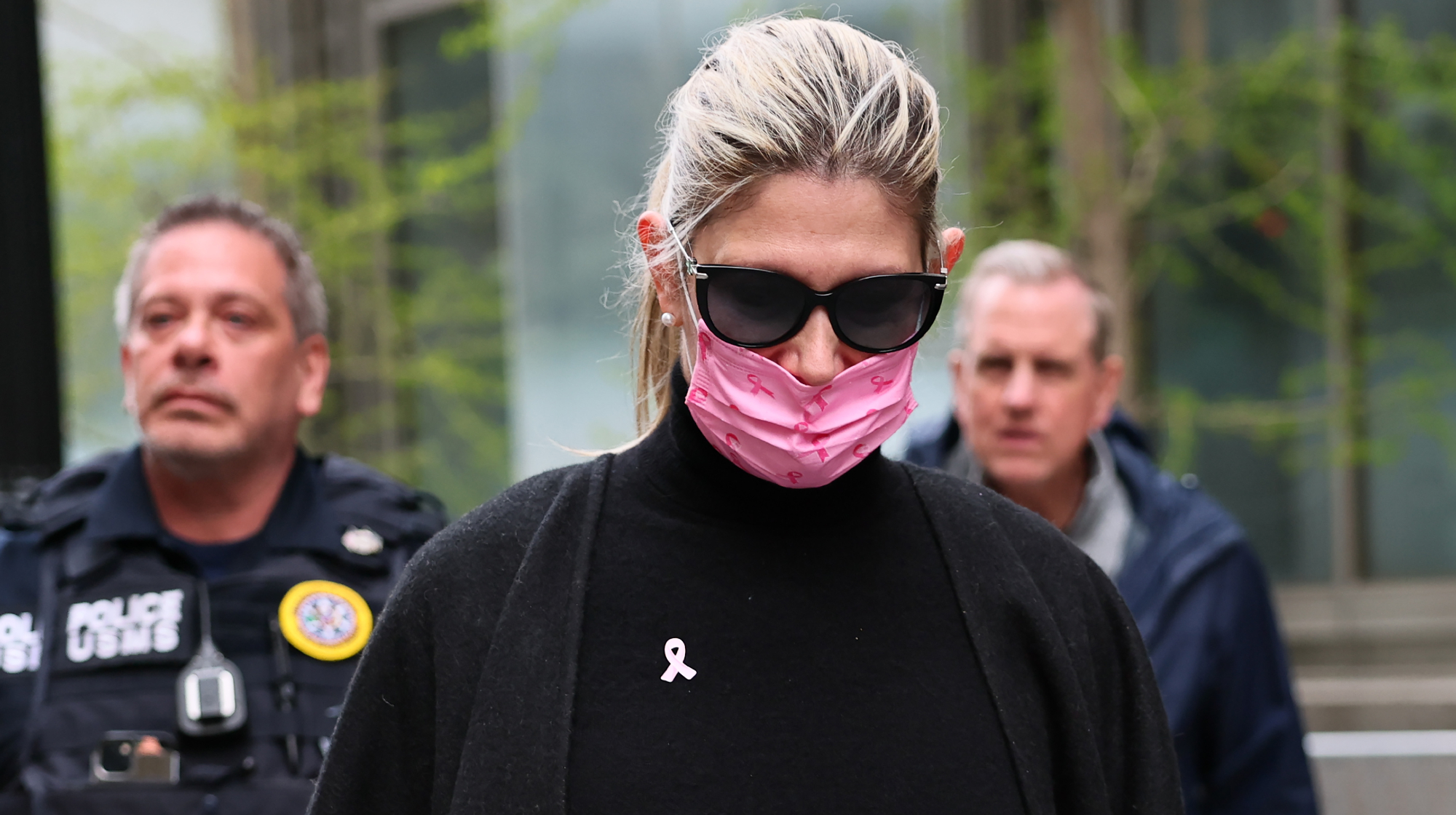 Nadine Menendez gets 4.5 years in bribery case
Nadine Menendez gets 4.5 years in bribery caseSpeed Read Menendez's husband was previously sentenced to 11 years in prison
-
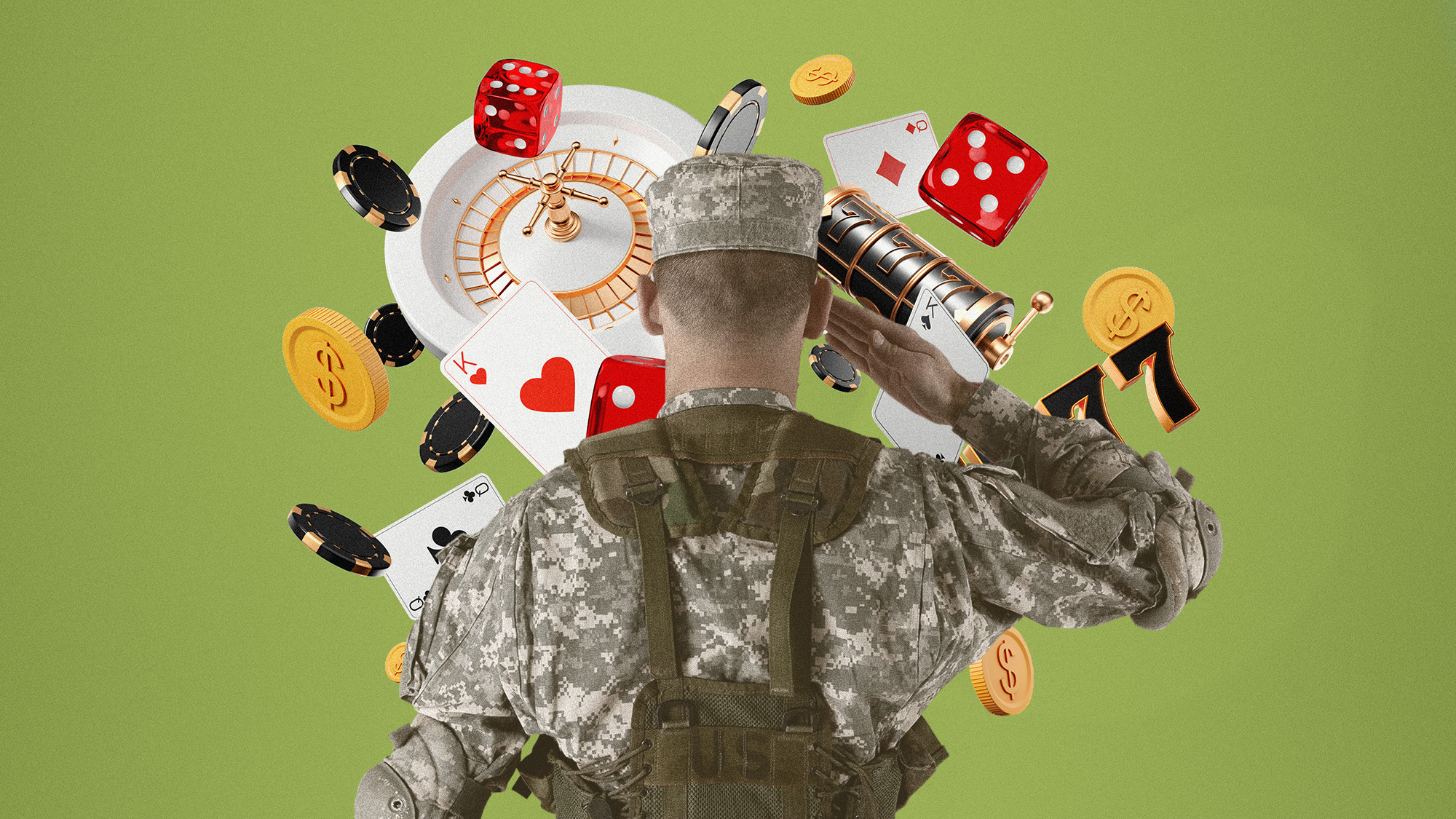 Recreation or addiction? Military base slot machines rake in millions.
Recreation or addiction? Military base slot machines rake in millions.Under the Radar There are several thousand slot machines on military bases
-
 The military: Hegseth's escalating culture war
The military: Hegseth's escalating culture warFeature The Pentagon is ordering military academies to purge their libraries of books on race, gender, and discrimination
-
 The horse racing industry is caught up in the migrant debate
The horse racing industry is caught up in the migrant debateUnder the Radar At least 78% of the workers on race tracks are reportedly immigrants
